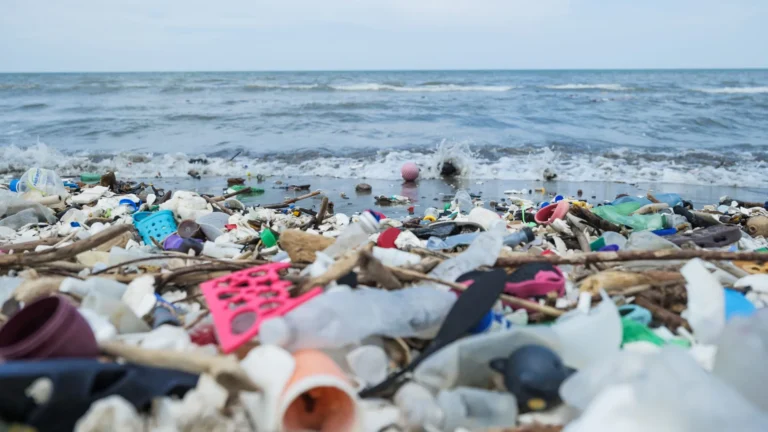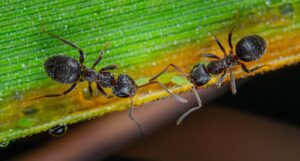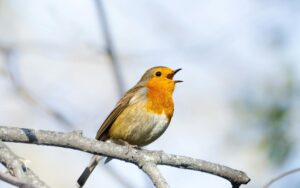Plastic pollution is a major problem in Nigeria.
Recent research identified the country as a plastic pollution hotspot, second to India. India emits 9.3 million tonnes of plastic into the environment each year – one fifth of the global total. Nigeria emits 3.5 million tonnes annually.
Just how big is the issue and what can be done about it?
The Conversation Africa has published various articles by academics on the country’s plastic pollution problem and how it should be tackled.
Plastic pollution in Nigeria
Temitope Sogbamu warns that plastic pollution is a serious problem in Nigeria and can be found wherever there is any human activity.
The pollution comes in a range of sizes from macroplastic (pieces larger than 25 millimetres in diameter) to nanoplastic (less than 1,000 nanometers).
It takes various forms, such as polyethylene terephthalate (used for food packaging, beverages, and personal care products), polyvinyl chloride (used in plumbing pipes, flooring, and clothing) and polystyrene (used for food packaging, laboratory materials, toys and computer housing).
These plastics are making their ways into various environments, including Nigeria’s waterways.
A study led by Gideon Idowu found alarmingly high levels of microplastics in the Osun River. This major river in southern Nigeria is an important source of water for the communities that live around it, whether for irrigation or for personal use.
The study found as many as 22,079 pieces of microplastic in just one litre of water. These levels exceeded those reported in 267 global studies of microplastics in river water conducted since 1994.
Even recreation areas, like Nigeria’s beaches, are not spared.
Ifenna Ilechukwu studied the surface sediments from four beaches in Lagos. Plastic fragments and microplastics were found in all the sediment samples collected from the beaches.
He explains that a high number of fragments suggests the breakdown of larger plastic items from littering and poor waste management.
When microplastics enter ecosystems, it affects everything that lives in them.
Emmanuel Akindele’s research into microplastic pollution in the Osun River system discovered that the tiny pieces of plastics were even present in snails.
The study – the first chemical identification of polymer types in African freshwater invertebrates – found various types of plastic were present, including polyethylene, nylon and polypropylene, commonly used as shopping bags and bottle caps.
Another study by Akindele, which covered two important rivers and Gulf of Guinea tributaries, found the presence of microplastics in aquatic insects.
The insects are a key part of the food chain and so the microplastic pollution is expected to affect other animals.
Steps to address it
What can be done about this problem?
Early in 2024, the Federal Ministry of Environment and the Lagos State government both announced bans on single-use plastics. Temitope Sogbamu, however, warns that the success of the ban will depend on provisions made for enforcement. Nigeria has had a law in the pipeline banning single-use plastics since 2013. It has still not been promulgated at the national level.
Kehinde Allen-Taylor wants others to be involved in solving the problem too. The researcher explored how companies can reduce plastic waste in Nigeria if they accept all the elements of corporate social responsibility. Sustainable practices benefit business too.![]()
Wale Fatade, Commissioning Editor: Nigeria, The Conversation
This article is republished from The Conversation under a Creative Commons license. Read the original article.





















